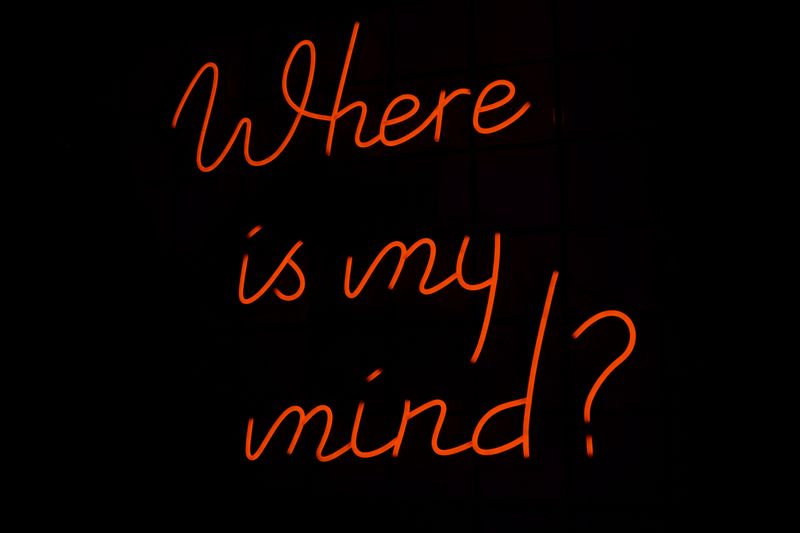The Legacy and Controversy Surrounding Bruce Pascoe’s Dark Emu
Introduction
Bruce Pascoe’s book, Dark Emu, has been a source of both great acclaim and intense controversy since its publication. The book challenges the conventional narrative of Aboriginal society and culture before European colonization, arguing that Indigenous Australians engaged in sophisticated agricultural practices and lived in settled communities. The release of a new documentary, titled The Dark Emu Story, further explores the controversy surrounding the book and the personal toll it has taken on Pascoe. In this report, we will delve into the legacy and controversy surrounding Dark Emu, examining its impact on our understanding of Indigenous history, the issue of cultural appropriation, and the importance of historical accuracy.
Reevaluating Indigenous History
Dark Emu has undeniably sparked a lively and engaged debate about our understanding of Aboriginal society and culture before and after the arrival of Europeans. By challenging the prevailing narrative of the “hunter-gatherer” stereotype, Pascoe has forced us to reconsider the complexity and sophistication of Indigenous cultures. The book presents evidence of Indigenous agriculture, aquaculture, and complex social structures, painting a picture of a society that was far more advanced than previously believed.
This reevaluation of Indigenous history has profound implications for the way we perceive and appreciate Aboriginal culture. It challenges the notion that Indigenous Australians were solely dependent on the land and highlights their deep connection with it. Moreover, it emphasizes the resilience and adaptability of Indigenous communities in the face of colonization and dispossession. Dark Emu encourages us to recognize Indigenous Australians as custodians of a rich and ancient culture, one that deserves respect and recognition.
The Issue of Cultural Appropriation
The controversy surrounding Dark Emu also brings to light the issue of cultural appropriation. Critics argue that by presenting himself as an authority on Indigenous history and culture, Pascoe is appropriating the experiences and knowledge of Indigenous Australians. They argue that a non-Indigenous person should not be the one to tell the story of Aboriginal agriculture and settlement. This criticism raises important questions about who has the right to speak and write about a particular cultural history.
On the other hand, proponents of Dark Emu argue that the book is a necessary step towards acknowledging and celebrating Indigenous achievements. They argue that Pascoe’s intentions are rooted in a genuine desire to challenge dominant narratives and showcase the richness of Aboriginal culture. However, it is crucial to acknowledge the voices and perspectives of Indigenous scholars and community members in these discussions. Their input is essential to ensure that the conversation surrounding Dark Emu remains respectful, inclusive, and centered on the experiences of Indigenous Australians.
The Importance of Historical Accuracy
One of the key criticisms leveled against Dark Emu is the question of historical accuracy. Some scholars and historians argue that Pascoe’s interpretation of historical accounts and archaeological evidence is flawed. They contend that he selectively cherry-picks evidence to support his argument, leading to an inaccurate portrayal of pre-colonial Indigenous society.
While it is important to engage in critical analysis and rigorous debate around historical claims, it is equally important to recognize that the construction of history is often subjective. History is not objective truth but a collection of interpretations shaped by the prevailing cultural and intellectual climate. Dark Emu, in its attempt to challenge dominant narratives, offers a different perspective, inviting us to critically reexamine the sources and evidence upon which our understanding of history is built.
Editorial
Dark Emu has undoubtedly left an indelible mark on our understanding of Indigenous history, sparking important conversations about the complexity and sophistication of pre-colonial Aboriginal society. The book’s controversy and the subsequent documentary highlight the urgent need to listen to and amplify Indigenous voices in conversations about Indigenous history and culture. Non-Indigenous Australians have a responsibility to approach these discussions with humility, acknowledging the historical injustices and ongoing marginalization experienced by Indigenous communities.
Rather than dismissing Dark Emu or reducing it to a mere controversy, we should view it as an opportunity for education and growth. It is an invitation to learn more about Indigenous cultures, challenge our assumptions, and engage in meaningful dialogue. By centering Indigenous perspectives and contributions, we can create a more inclusive and accurate narrative of Australia’s past.
Advice
For readers interested in learning more about the legacy and controversy of Dark Emu, there are several recommended steps to take. Firstly, it is crucial to read and engage with a diversity of perspectives on the topic. This includes reading Dark Emu itself, as well as scholarly critiques and Indigenous-led discussions. It is also important to support and uplift Indigenous scholars and writers who are experts in their own history and culture.
Additionally, attending local events and exhibitions that explore Indigenous history and culture can provide valuable insights and opportunities for dialogue. Engaging in respectful conversations with friends, family, and colleagues can also help foster understanding and awareness of the complexities surrounding Dark Emu.
Lastly, Australians should prioritize learning about and supporting Indigenous-led initiatives, organizations, and initiatives that aim to promote and preserve Indigenous culture and history. By doing so, we can actively contribute to the recognition and celebration of Aboriginal achievements and foster a more inclusive and respectful society.

<< photo by Josh Withers >>
The image is for illustrative purposes only and does not depict the actual situation.
You might want to read !
- LiLo Welcomes First Bub! Inside Lindsay Lohan’s Joyous Journey into Motherhood
- Allan under pressure: Speculation intensifies over Andrews’ future role in Australian politics
- Allan Faces Mounting Speculation Over Future Role in Andrews Government
- Unmasking the Shadows: Sarah Brady Sheds Light on Jonah Hill’s Alleged Emotional Abuse
- Scorching Raids and Flailing Dragons: Analyzing Wighton’s Struggles and the Stunning Game-Changer
- Unmasking the Secrets: The Necessary Rulebook for MCC Fight Club Cricketers
- “Unbelievable Assist: Cristiano Ronaldo Showcases Masterful Shoulder Pass”
- Controversial Children’s Book at Big W Sparks Heated Discussion: A Deep Dive into the Debate
- The “Million Dollar Island” Grand Finale: A Spectacular Showdown Down Under
- “Million Dollar Island: The Epic Conclusion as the Ultimate Prize Beckons”
- A Bouncing Bundle of Celebrity Joy: Lindsay Lohan Shares Baby’s Name
- Decoding Dreams: Unraveling the True Ending of Inception with AI
- WATCH LIVE: YNW Melly Murder Trial Unfolds – Exploring the Intricacies of the Case
- The Whistleblower’s Legacy: Remembering Daniel Ellsberg in Australian History
- Vegan Activist Tash Peterson Faces Legal Consequences in Ongoing Clash with Anti-Vegan Chef John: An In-Depth Analysis
- Can Aspartame Really Increase the Risk of Cancer?
- “Anticipation and Analysis: The Upcoming Lock-In of Australian PM Anthony Albanese’s Visit to China”




